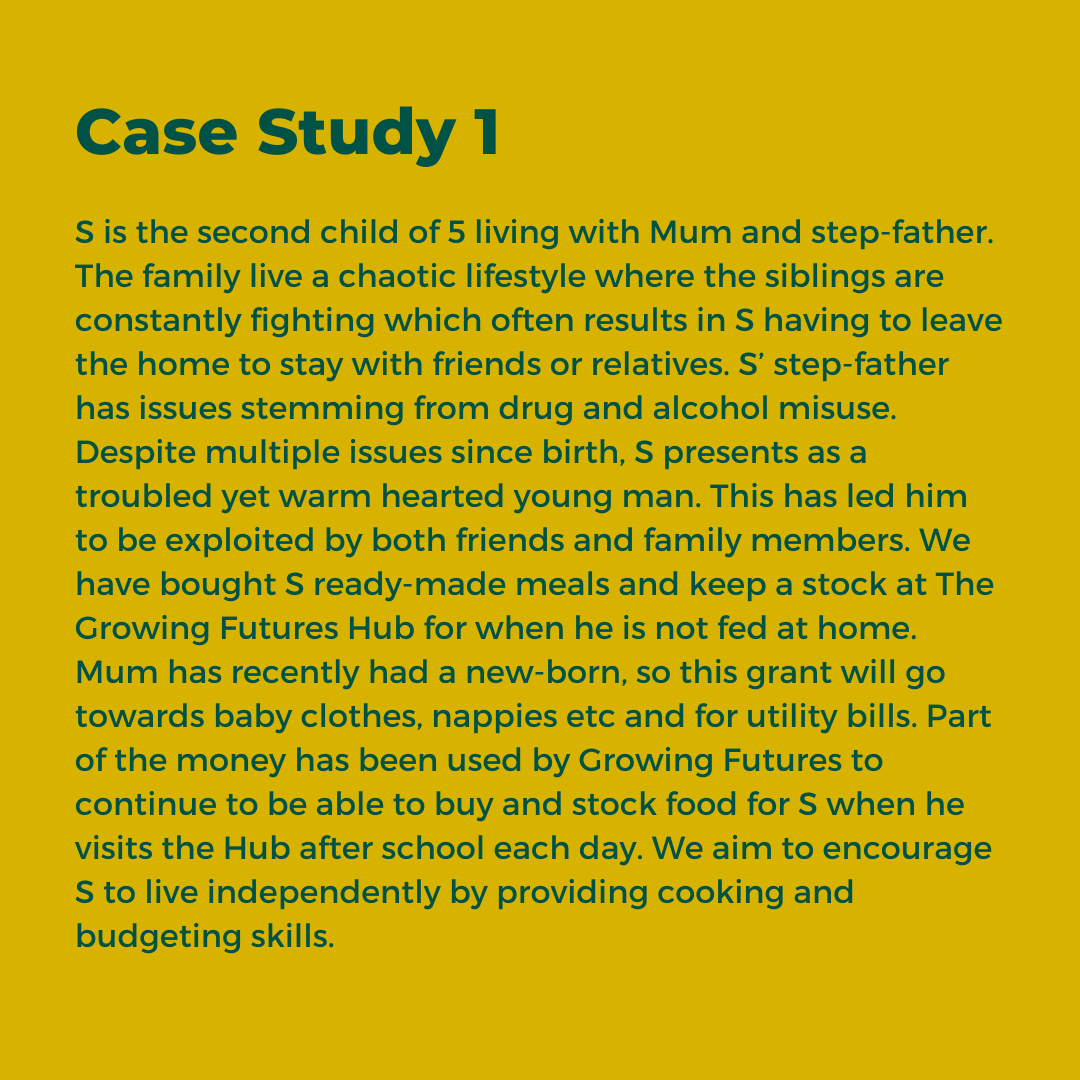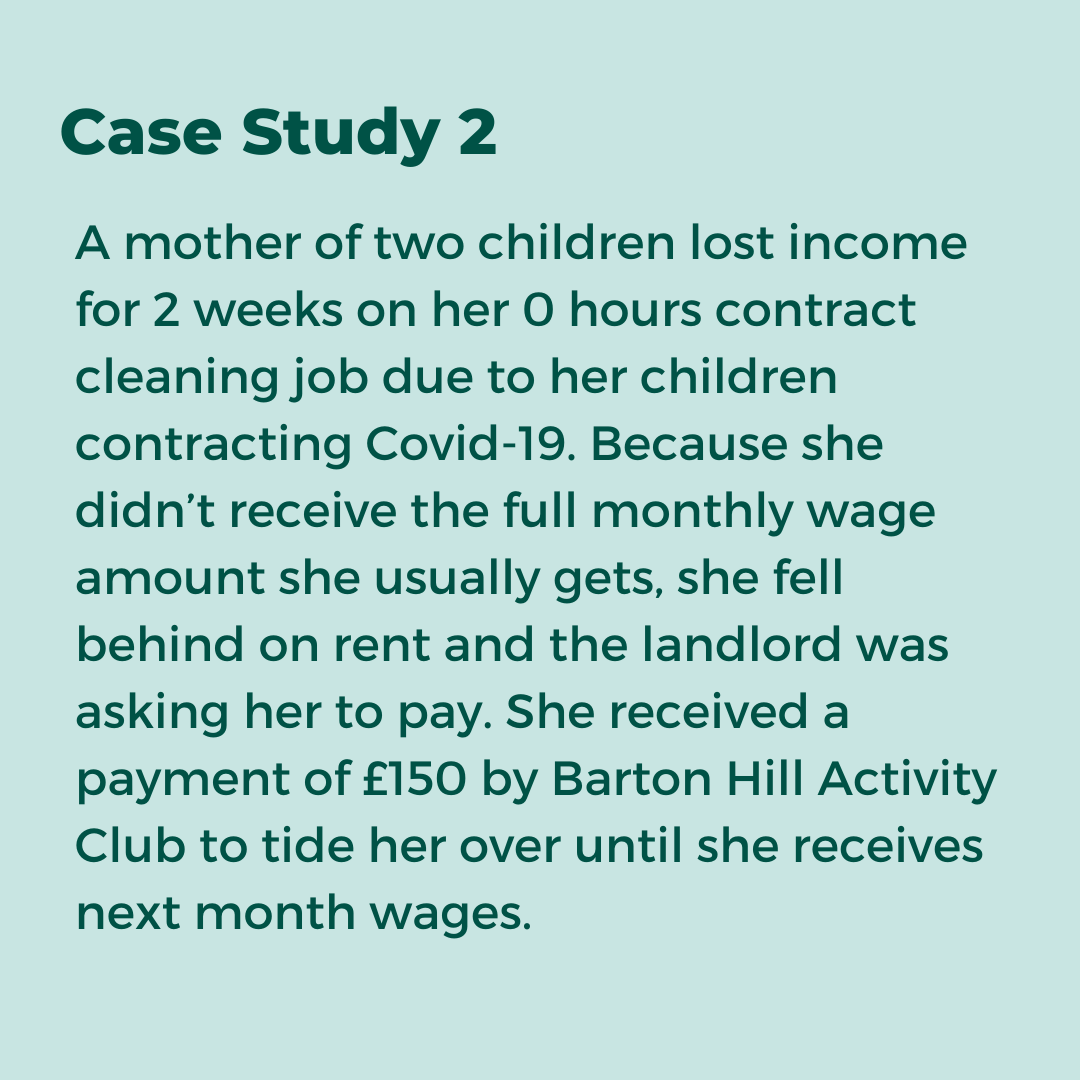As we enter another wave of the pandemic and a third national lockdown, our understanding of severe acute respiratory syndrome coronavirus 2 (SARS-CoV-2) continues to evolve. However, what is distinctly clear from the data is the disproportionate effect of COVID-19 on African and Asian heritage groups, both in the UK and globally. Throughout the pandemic, many of these underlying inequalities made the impact of the health crisis far more severe for these people than their White counterparts. The unequal impact of the pandemic on African and Asian heritage groups goes beyond infection and mortality rates. Research has shown that people from these backgrounds are likely to be worse affected by the lockdown, for example in terms of their mental health, and also by the economic recession to follow and projected job and income losses, not to mention the increases in racial profiling and racist speech. The intersection of occupation, environment, community interaction, and structural racism are key drivers of this
Despite the inequalities exposed over the last nine months, there has been little effort to stop Covid-19 hitting African and Asian heritage people. Throughout the coronavirus pandemic, Black, Asian, and minority ethnic people have been acutely affected by pre-existing inequalities across a huge range of areas, including health, employment, housing, and access to social welfare. Part of the policy absence may be the result of debate, including in government, about whether structural racism contributes to higher COVID-19 mortality which only distracts from taking urgent action to support at-risk groups and refuses to acknowledge the intersections inherent in health disparities.
In October, the UK government’s Race Disparity Unit published its first quarterly report on Covid-19 health inequalities. Neither racism nor racial inequality is mentioned in the 62-page report, suggesting that racism does not explain the disproportionate impact of Covid-19 on Britain’s Black, Asian, and minority ethnic communities. The report asserts that structural racism does not seem to explain ethnic disparities in the burden of covid-19 on communities. That instead, “a range of socioeconomic and geographical factors such as occupational exposure, population density, household composition, and pre-existing health conditions may contribute to the higher infection and mortality rates for ethnic minority groups.” As Jabeer Butt notes however, a strong argument can be made that all these factors demonstrate the impact of structural racism. He continues, “the denial that racism plays a part in shaping this disproportionate impact is only possible if we deny the ‘causes of the causes’”.
In England, males of Black African ethnic background had the highest rate of death involving Covid-19, nearly four times higher than White males. A report by the ONS sates that these findings show that ethnic differences in mortality involving COVID-19 are most strongly associated with demographic and socio-economic factors, such as place of residence and occupational exposures, and cannot be explained by pre-existing health conditions using hospital data or self-reported health status.
The social distancing policies implemented to contain the virus have transformed the world of work through digital technology. While this trend offers greater flexibility and potentially greater gender balanced career paths, BSWN has found digital exclusion the focus of much of our covid-19 research. This is not only a problem for those without access to the internet or IT but for those occupations with limited scope to work remotely – occupations which disproportionately employ African and Asian heritage people. This differential access to online/remote working continues to exacerbate income inequality. The Resolution Foundation has found that African and Asian heritage people are disproportionately likely to work in hospitality. Around 1 in 12 workers from Black, Asian or Minority Ethnic backgrounds work in hospitality compared to 1 in 20 White workers. Moreover, there are significant pay penalties relative to White British workers – pay gaps which account for a workers age, qualifications or experience. Black, Asian and ethnic minority men face the largest penalty earning 65 pence less per hour.
The Marmot Review: 10 years on (2020) found that inequalities in life expectancy have widened since the initial review in 2010. The UK has seen low rates of life expectancy increases compared with most European and other high-income countries. In fact, the review found that life expectancy has slowed for the first time since 1900. There are clear socioeconomic gradients in preventable mortality. The poorest areas have the highest preventable mortality rates, and the richest areas have the lowest. As we try to jab our way out of the crisis, vaccinations have a historically negative relationship with black people due to the testing of vaccines on black and brown people in various contexts. Conspiracy theories surrounding the vaccine and the virus more broadly are exacerbated by social media. This is the price of marginalisation. When you are in a crisis and you want everyone to behave the same, how are those on the margins who have historically been disenfranchised going to behave?
What this means for the recovery period post-lockdown is to look at the social and economic systems which underlie how we work and live and to question how this informs the deep asset gaps we see between the haves and have nots and well as the entrenched marginalisation of African and Asian heritage groups. A fair economy is central to a healthier society. In October 2020, the Government announced a year-long community champions programme with £25 million of funding to partner with local authorities to reach at-risk groups. However, this programme will only plaster over a much larger issue if we refuse to recognise that risks are generated not only by failures to communicate with minority groups, but also because of occupational, housing, and social disadvantages.
The inequalities that we saw at the beginning of the pandemic continue today with the parts of England with the highest transmission rates tending to have a higher-than-average population of Black, Asian, and minority ethnic communities residents and yet, still no policies have been announced to protect the populations shown to be the most vulnerable to the pandemic. A significant amount of research has been carried out into the disproportionate impacts of the virus on these communities but this research has unfortunately not led to any real change in policy or practice on the ground. The discussion around the amplification of inequalities through the virus and the lockdown has been happening for around 9 months and yet still we find ourselves without any tailored response to prevent the virus and the impacts of the lockdown from running unchecked through Black, Asian, and minority ethnic communities.
Without urgent action, the effects of pandemic are set to be felt unequally again. Structural inequalities fuel pandemics and addressing these inequalities is crucial to avoid further lockdowns. As the Institute for Public Policy Research note, we cannot resolve structural inequalities overnight but equally, this does not mean that Covid-19 be left unchecked. We must take bold action to protect and support Black and Asian heritage communities.
Bristol City Council awarded BSWN a grant sum of £33,000 from the Covid-19 Emergency Assistance Grant to be distributed across the local communities. The grant has several key objectives:
assisting low income households who are struggling to afford food and other essentials (which may include but not be limited to access to internet, essential furniture, household items, toiletries, bedding etc.) due to Coronavirus
identify and supporting those most in need
providing advice and information on how households can access longer term support (where applicable)
BSWN worked with local partners - Bristol Somali Resource Centre, Malcolm X Community Centre, Talo, Barton Hill Activity Club and Growing Futures - who identified a great need for support within the Black and Asian heritage communities in Bristol. This partnership enabled us to distribute the grant in single payments of £100-£250 to more than 200 households with over 300 children positively impacted by the provided support.
In addition, BSWN secured funding from Bristol City Council to deliver a 12-month programme of support to Black and Asian businesses and VCSE organisations. This programme includes:
Government Policy Implementation Support - analyse and translate the legislation and policy coming out of government and local authority into a format that is accessible and relevant for the Black and Asian sectors in the region – this service will be managed by BSWN’s Research Team.
Targeted Information Dissemination and ‘live’ Support - dissemination of information and the provision of targeted support through online channels such as Zoom.
Crisis Triage Services - a dedicated, 1-1 triage support service via telephone, Zoom, or other platforms for Black and Asian individuals working in the BAME sectors in Bristol.
Post Lock-down Business Recovery Support - provide robust advice to organisations regarding how best to do business in our new world
BSWN will continue to provide support to local communities in Bristol but it is programmes such as these which are providing real support on the ground that require further investment. We therefore provide some of our recommendations below which include extending the hardship and business funds outlined above.
Recommendations
A hardship fund directly to those most in need.
Targeted funding to businesses to be able to support them during this time of turmoil. This must include targeted support for Black and Asian business to access the Bounce Back Loan scheme as well as discretionary support to Black and Asian heritage self-employed people who do not have their accounts available for 2019-2020.
Improve the budget allocation of the discretionary pot for Local Authorities as some high street business are not limited companies but are sole traders that do not have business rates and therefore do not receive sufficient financial assistance. For transparency we need to see a Local Authority Grant distribution heat map to better understand the reach and accessibility of the different government grants. In addition, we need to have better accessibility of COVID Marshals so that they are able to support businesses practically.
Policies are urgently needed to bridge digital divides particularly with regards to young people and their education, focusing on addressing digital exclusion by working with community organisations to make laptops and access to data available to this experiencing digital poverty.
Prioritising testing for ethnic minority workers and their households and ensuring that ethnicity is recorded at all contact points along the health-care continuum.
Combating racist stigma in communities, workplaces, and government communications.
Government guidance does not always cater to the needs of African and Asian heritage people as translated versions are often not released in a timely manner. Implementing culturally and linguistically competent outreach campaigns through local authorities, community groups, faith groups, and voluntary and third sector organisations is therefore crucial to addressing disparities in access, as well as individual concerns around the efficacy of the vaccine.
The ban on evictions by bailiffs is due to lift on Monday whilst over 300,000 people are in Covid-arrears. We therefore support the recommendations put forward by Shelter: To avoid evictions and rising homelessness councils must provide safe emergency accommodation to all at risk, protect renters from eviction, scrap the benefit cap, and review housing benefit rates.
For further information or resources please visit our Covid-19 Support Page which provides resources and information for communities and organisations, funding and emergency grants, businesses and enterprises, as well as webinars and online training. If you would like to support our food hub, please visit our page here.



